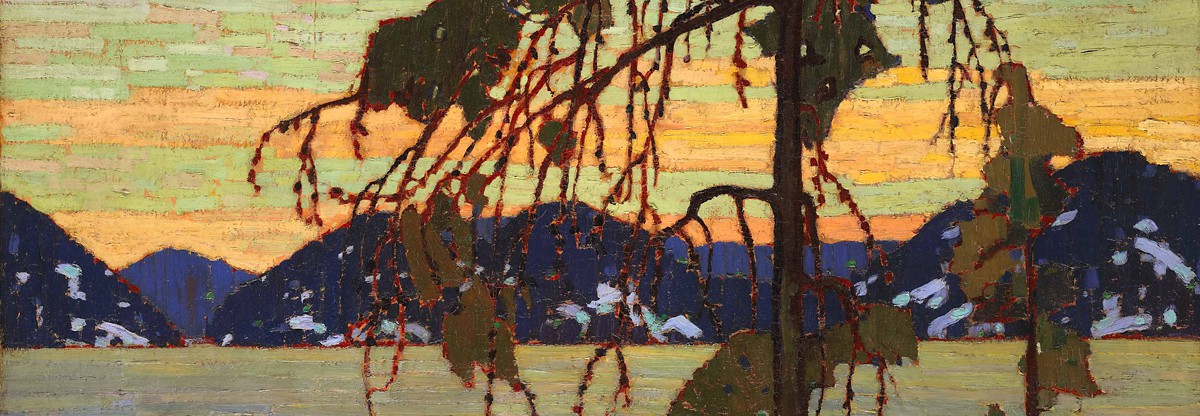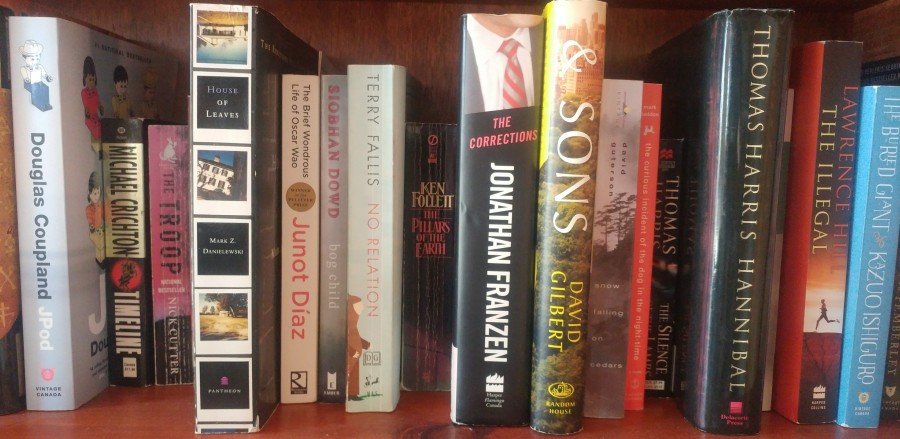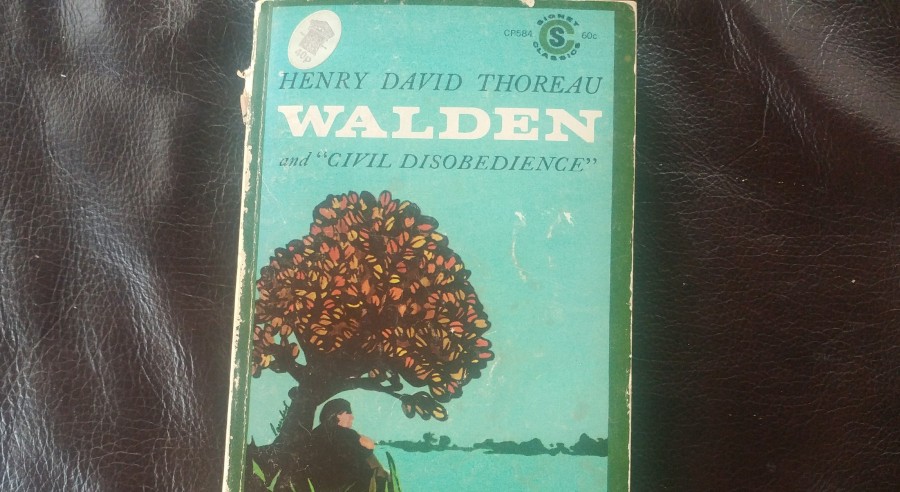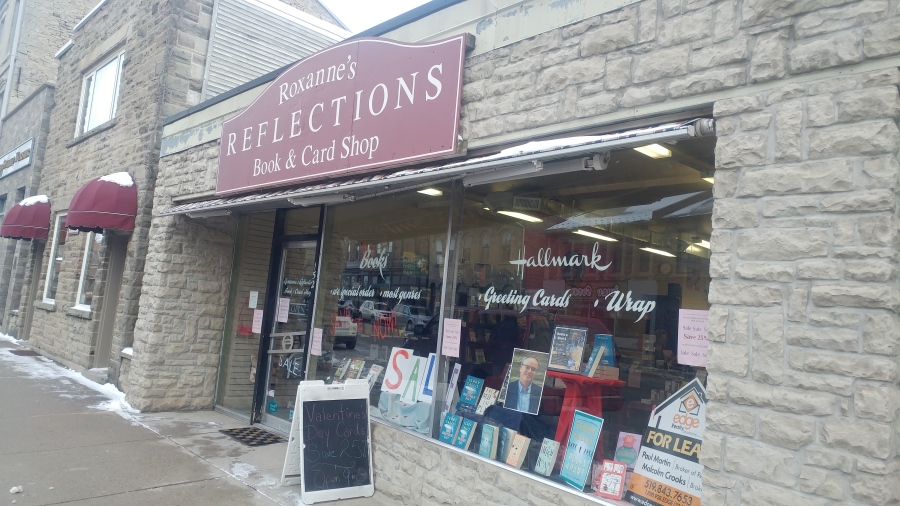This is the last of the four “Top 100” book lists I am measuring against my own reading history. I am planning to put together a short summary post to compare my findings across the four lists, and to see whether we can make any overarching observations about literary journalism as a result. But first, we have one more list to examine! As with the TIME, PBS, and Guardian lists, this is a list put out by a major media organization (Amazon); however, unlike those other lists, nowhere do the Amazon Books editors use a superlative. There is no “best” or “greatest” or “most-loved” being claimed here. This list, according to its title, is simply a group of experts’ recommendations on the 100 books one should read in their lifetime. The value of this list will rest squarely on that word “should.” My hope, at the outset of this list, is that they have taken the liberty of subjectivity to curate a list representative of the world we live in today. I hope Amazon believes people “should” read widely and diversely – from every genre, by authors from every part of the gender and racial spectra. Let’s take a look at how their list breaks down, and how many books I have left to read in my lifetime:
- 68 of the books on this list were written by men, versus 32 by women. This is only better than The Guardian’s list in terms of gender parity; both TIME and PBS have more women represented. This is a bit disappointing – again, given the loose parameters of “books you should read,” my hope was that Amazon would recommend something close to an even split. Better yet, I would have loved to see some non-binary representation this time around.
- Of all four lists I have examined, the Amazon list has the most culturally (if not racially, as we will see) diverse representation yet. 69 of the books were written by American authors, which is still high in the scope of all literature ever written; however, I have come to accept that lists published in America will always lean American. What is more encouraging is the cultural diversity of the other 31: writers are represented from Britain (15), continental Europe (6), Canada (2), Africa (2), Latin America (2), Asia (1), Australia (1), the Middle East (1) and the Caribbean (1). The other three lists saw combinations of these, but no other list represented such a broad spectrum of cultures. Good on you, Amazon.
- The chronology of the books on this list are encouraging to me, in that they reinforce an idea that I have argued many times before – that the classics, while great, are not the only books worth reading. Only 3 books written before the 20th century make the cut; and the closer you get to the present day, the more books Amazon thinks you should read. This is refreshing, when compared to so many must-read lists and high school English syllabi. Here is how the numbers look:
- Pre-1900: 3
- 1900-1939: 8
- 1940-1959: 15
- 1960-1979: 22
- 1980-1999: 22
- 2000-present: 30
- Finally, 85 of the 100 books were written by white authors. This is second best of all the lists we have examined, behind only PBS’s Great American Read; that being said, 15 books written by people of colour is not enough. I resolved at the beginning of this year to read more diversely, and to contribute in any small way I could to help more diverse voices be heard and recognized. This is where I think Amazon came up short. They gave themselves all the license in the world with a title like “100 Books to Read in a Lifetime”; they had no obligation to include so many of the old standards. They had an opportunity to say something about the importance of empathy, of differences in perspective and experience. Instead, they played it safe. So let me say unequivocally what Amazon did not: representation matters, and people of colour write words worth reading. Read them.
Here is the list in alphabetical order. How many have I read?:
Title |
Read? |
| 1. 1984 | Yes |
| 2. A Brief History of Time | No |
| 3. A Heartbreaking Work of Staggering Genius | No |
| 4. A Long Way Gone: Memoirs of a Boy Soldier | No |
| 5. The Bad Beginning (A Series of Unfortunate Events) | Yes |
| 6. A Wrinkle In Time | Yes |
| 7. Alice Munro: Selected Short Stories | No |
| 8. Alice’s Adventures in Wonderland & Through the Looking Glass | Yes |
| 9. All the President’s Men | No |
| 10. Angela’s Ashes | No |
| 11. Are You There God? It’s Me, Margaret | Yes |
| 12. Bel Canto | No |
| 13. Beloved | No |
| 14. Born to Run | No |
| 15. Breath, Eyes, Memory | No |
| 16. Catch-22 | Yes |
| 17. Charlie and the Chocolate Factory | Yes |
| 18. Charlotte’s Web | Yes |
| 19. Cutting For Stone | No |
| 20. Daring Greatly | No |
| 21. Diary of a Wimpy Kid | No |
| 22. Dune | Yes |
| 23. Fahrenheit 451 | Yes |
| 24. Fear and Loathing in Las Vegas | Yes |
| 25. Gone Girl | No |
| 26. Goodnight Moon | Yes |
| 27. Great Expectations | Yes |
| 28. Guns, Germs, and Steel: The Fate of Human Societies | No |
| 29. Harry Potter and the Philosopher’s Stone | Yes |
| 30. In Cold Blood | Yes |
| 31. Interpreter of Maladies | No |
| 32. Invisible Man | No |
| 33. Jimmy Corrigan: The Smartest Kid on Earth | No |
| 34. Kitchen Confidential | No |
| 35. Life After Life | No |
| 36. Little House on the Prairie | No |
| 37. Lolita | Yes |
| 38. Love in the Time of Cholera | Yes |
| 39. Love Medicine | No |
| 40. Man’s Search For Meaning | No |
| 41. Me Talk Pretty One Day | No |
| 42. Middlesex | No |
| 43. Midnight’s Children | No |
| 44. Moneyball: The Art of Winning an Unfair Game | No |
| 45. Of Human Bondage | No |
| 46. On The Road | Yes |
| 47. Out of Africa | No |
| 48. Persepolis: The Story of a Childhood | No |
| 49. Portnoy’s Complaint | No |
| 50. Pride and Prejudice | Yes |
| 51. Silent Spring | No |
| 52. Slaughterhouse-Five | Yes |
| 53. Team of Rivals | No |
| 54. The Age of Innocence | No |
| 55. The Amazing Adventures of Kavalier & Clay | No |
| 56. The Autobiography of Malcolm X | No |
| 57. The Book Thief | Yes |
| 58. The Brief Wondrous Life of Oscar Wao | Yes |
| 59. The Catcher in the Rye | Yes |
| 60. The Color of Water | No |
| 61. The Corrections | Yes |
| 62. The Devil in the White City | No |
| 63. The Diary of a Young Girl | Yes |
| 64. The Fault in Our Stars | Yes |
| 65. The Giver | Yes |
| 66. The Golden Compass | Yes |
| 67. The Great Gatsby | Yes |
| 68. The Handmaid’s Tale | Yes |
| 69. The House at Pooh Corner | No |
| 70. The Hunger Games | Yes |
| 71. The Immortal Life of Henrietta Lacks | No |
| 72. The Liars’ Club | No |
| 73. The Lightning Thief (Percy Jackson series) | No |
| 74. The Little Prince | Yes |
| 75. The Long Goodbye | No |
| 76. The Looming Tower: Al-Qaeda and the Road to 9/11 | No |
| 77. The Lord of the Rings | Yes |
| 78. The Man Who Mistook His Wife For A Hat | No |
| 79. The Omnivore’s Dilemma | No |
| 80. The Phantom Tollbooth | No |
| 81. The Poisonwood Bible | Yes |
| 82. The Power Broker | No |
| 83. The Right Stuff | No |
| 84. The Road | No |
| 85. The Secret History | No |
| 86. The Shining | Yes |
| 87. The Stranger | No |
| 88. The Sun Also Rises | No |
| 89. The Things They Carried | No |
| 90. The Very Hungry Caterpillar | Yes |
| 91. The Wind in the Willows | Yes |
| 92. The Wind-Up Bird Chronicle | No |
| 93. The World According to Garp | No |
| 94. The Year of Magical Thinking | No |
| 95. Things Fall Apart | No |
| 96. To Kill A Mockingbird | Yes |
| 97. Unbroken | No |
| 98. Valley of the Dolls | No |
| 99. Where the Sidewalk Ends | Yes |
| 100. Where the Wild Things Are | Yes |
I have read 40 of the 100 books Amazon believes I should read in my lifetime. If I maintain my current pace, I should finish them all by the time I’m 65. Of course, there is a good chance that more books will have been written between now and then that I should probably read as well… Oh well. All I can do is my best. A big thanks to the women at Thrice Read for inspiring this project, and Perfectly Tolerable for putting the Amazon list on my radar. Now to take a step back and see if we have learned anything over the course of 4 lists…
What do you think of this latest “Top 100” list? Let me know in comments how many YOU have read!
























